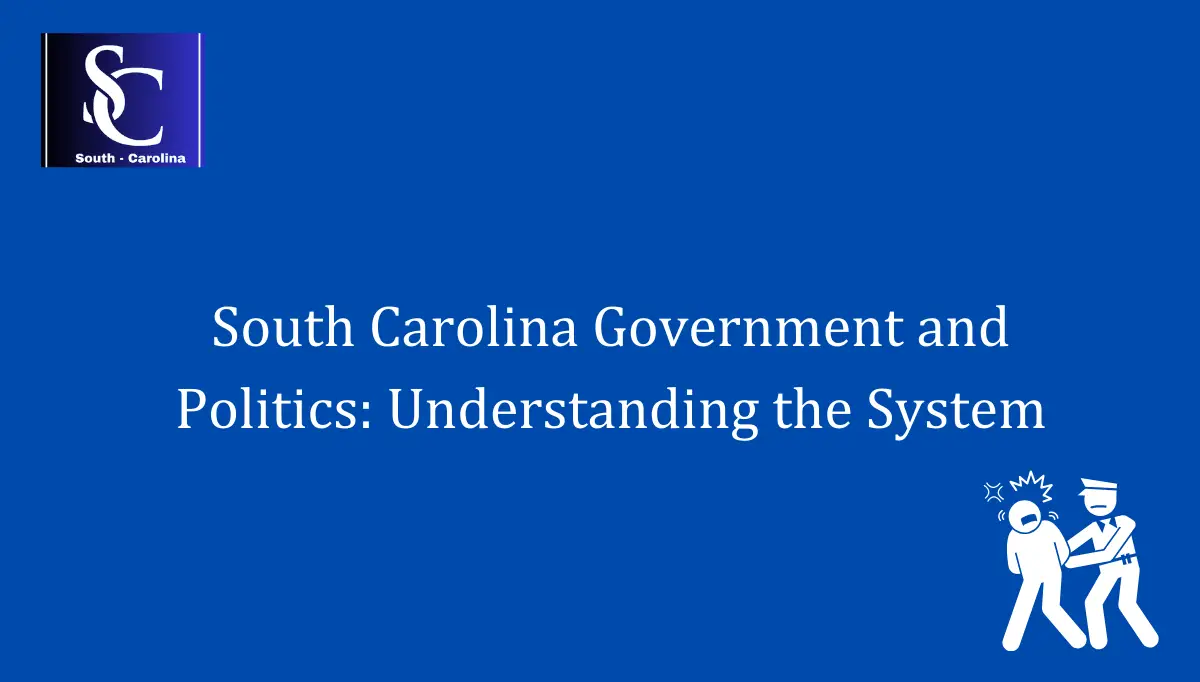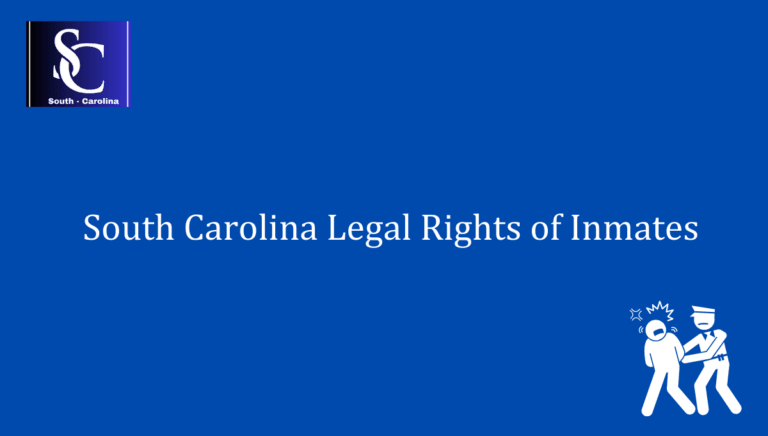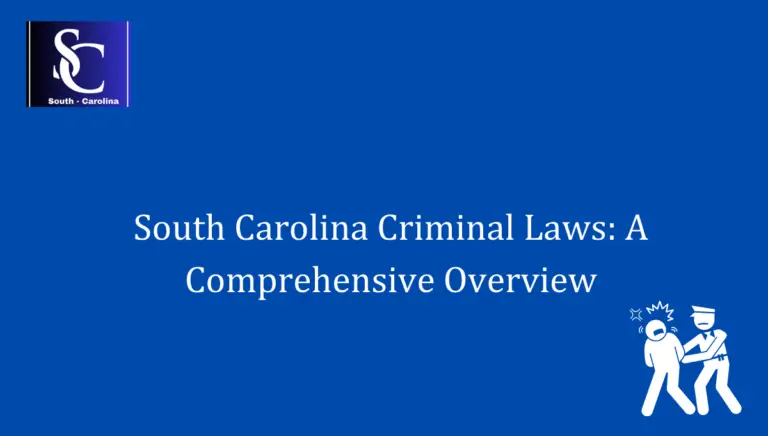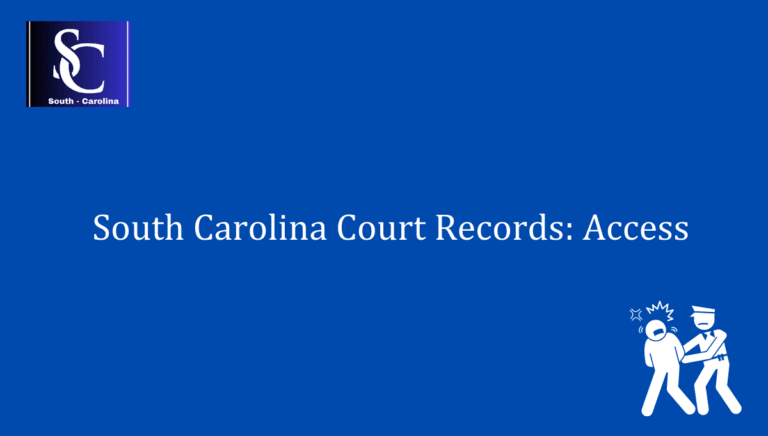South Carolina Government and Politics: Understanding the System
South Carolina, a state rich in history and culture, boasts a unique and intricate political system. From the bustling capital of Columbia to the charming coastal towns, the state’s government plays a vital role in shaping the lives of its residents. Whether you’re a seasoned political enthusiast or just starting to explore the world of governance, this comprehensive guide will provide you with a deep understanding of South Carolina’s political landscape.
Delve into the inner workings of the state’s legislative branch, where laws are debated and decisions are made. Discover the power of the executive branch and the role it plays in implementing policies and leading the state. And gain insight into the judicial branch, where justice is served and legal disputes are resolved.
With a user-friendly approach and a professional tone, this guide is suitable for individuals of all levels of knowledge. Whether you’re a student, a curious citizen, or a professional in the field, you’ll find valuable information within these pages. So join us on this journey through the intricacies of South Carolina’s government and politics, and gain a profound understanding of the system that governs our great state.
The Legislative Branch: Shaping Laws and Policies
As we delve deeper into South Carolina’s political landscape, it is essential to understand the crucial role played by the legislative branch. This branch consists of the Senate and the House of Representatives, which work together to debate and create laws that shape the lives of South Carolinians.
Under the leadership of the Senate President and the Speaker of the House, legislators gather in the State House to engage in thoughtful discussions, rigorous debates, and negotiations. It is within these hallowed halls that the future of our state is shaped, and policies are crafted to address the needs and aspirations of the people.
Through the legislative process, bills are introduced, examined in committees, debated on the floor, and voted upon. The goal is to ensure that the laws passed reflect the values and priorities of South Carolina’s citizens. From education and healthcare to transportation and the economy, every aspect of our daily lives is impacted by the decisions made within this branch of government.
The Executive Branch: Leading the State
While the legislative branch focuses on creating laws, it is the executive branch that takes charge of implementing these policies and leading the state. At the helm of the executive branch is the Governor, who acts as the chief executive and oversees various state agencies and departments.
The Governor’s Office is responsible for developing and implementing initiatives that promote economic growth, ensure public safety, and enhance the overall well-being of South Carolina’s residents. With their team of dedicated professionals, the executive branch works tirelessly to address the challenges and opportunities that arise in our dynamic state.
State agencies, such as the Department of Education, Department of Health and Environmental Control, and Department of Commerce, play a vital role in executing the policies set forth by the Governor. These agencies work collaboratively to provide essential services, regulate industries, and protect the interests of the people.
The Judicial Branch: Upholding Justice and Resolving Disputes
The third pillar of South Carolina’s government is the judicial branch, which ensures that justice is served and legal disputes are resolved fairly and impartially. The Supreme Court, the highest court in the state, presides over important cases and interprets the law.
Below the Supreme Court are the Court of Appeals and various trial courts, where judges diligently uphold the rule of law and make decisions that impact the lives of individuals and communities. From criminal cases to civil disputes, the judicial branch is entrusted with maintaining the integrity of our legal system.
Through their commitment to upholding justice and protecting the rights of all citizens, the judges of South Carolina’s judicial branch play a crucial role in maintaining the balance of power within our government.
Ensuring Transparency and Accountability
Transparency and accountability are vital to a well-functioning government. South Carolina’s political system recognizes the importance of these principles and has established mechanisms to ensure that the actions of our elected officials are open and accessible to the public.
The State Ethics Commission oversees and enforces ethical standards for public officials, ensuring that they adhere to the highest levels of integrity. Additionally, the Freedom of Information Act grants citizens the right to access government records, allowing for greater transparency and fostering trust between the government and the people.
Engaging the Citizens: Your Role in the Political Process
In a democratic society, citizen engagement is crucial for a thriving political system. South Carolina encourages its residents to actively participate in the political process, whether through voting in elections, contacting their elected representatives, or attending public hearings and town hall meetings.
By staying informed about the issues that affect our state, citizens can make their voices heard and shape the policies that impact their lives. It is through this collective effort that South Carolina’s government remains responsive, accountable, and truly representative of the people it serves.
FAQs
What is the structure of the South Carolina Government?
The South Carolina Government follows a three-branch structure, consisting of the Executive, Legislative, and Judicial branches. The Governor leads the Executive branch, while the General Assembly oversees the Legislative branch. The Judicial branch is responsible for interpreting and applying laws.
How does the General Assembly function?
The General Assembly is bicameral, meaning it consists of two chambers: the Senate and the House of Representatives. Senators are elected for four-year terms, while Representatives serve two-year terms. The General Assembly is responsible for making state laws and passing the annual budget.
Who is the current Governor of South Carolina?
The current Governor of South Carolina is Henry McMaster. He assumed office on January 24, 2017, following the resignation of Nikki Haley.
What are the qualifications to become a Governor in South Carolina?
To become a Governor in South Carolina, a candidate must be at least 30 years old, a resident of the state for at least five years, and a United States citizen. They must also not have served two consecutive terms as Governor.
How are judges appointed in South Carolina?
In South Carolina, judges are appointed by the Governor with the advice and consent of the Senate. They are appointed to serve on the Supreme Court, Court of Appeals, Circuit Court, and Family Court. Judges in South Carolina serve a term of ten years.
What is the role of the South Carolina Supreme Court?
The South Carolina Supreme Court is the highest court in the state. It is responsible for reviewing appeals from lower courts and ensuring the uniformity of the law in the state. The Supreme Court consists of a Chief Justice and four Associate Justices.







